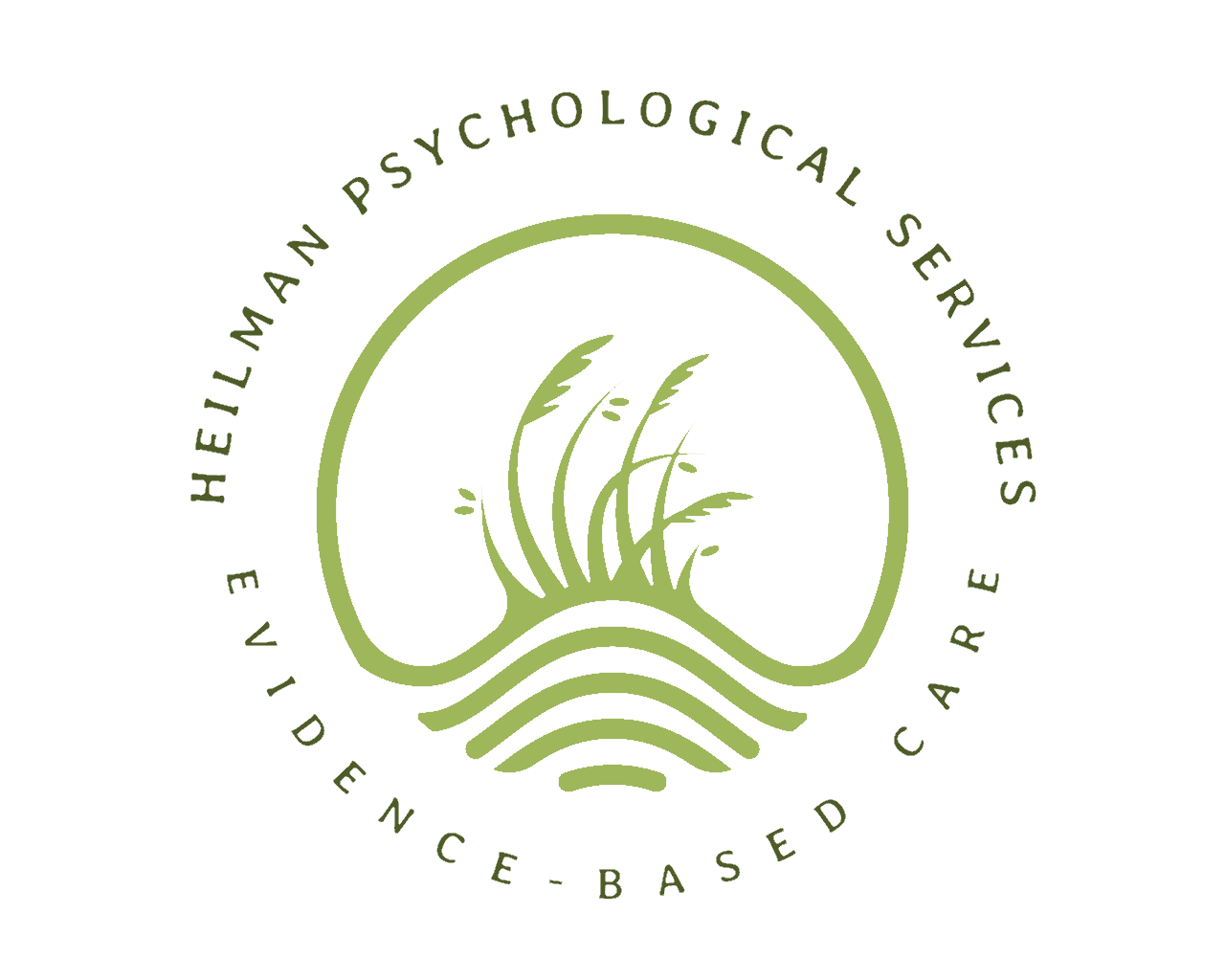Tips for finding the right therapist
Half the battle of starting therapy is finding the right therapist for your needs. Therapists tend to develop certain specialties and are likely to be most skilled in those areas. Given the complexity of human nature and our various struggles, it is useful to do some research and to ask certain questions to determine best fit. Below are some tips for finding a good therapeutic fit.
Review websites such as Psychology Today and GoodTherapy. These can be useful resources for finding a therapist. You can filter your search based on insurance accepted, presenting problems/concerns, client population, therapeutic orientation of therapist, etc.
Know your insurance plan and look for a therapist who accepts your insurance. While many therapists/agencies may verify your benefits, it is best to contact your insurance carrier directly to ensure you are fully aware of your mental health coverage.
Take advantage of free consultations if they are offered. Many therapists will offer a free brief consultation (10-15 minutes). This can be beneficial to both the client and therapist in determining an appropriate therapeutic fit.
Be honest about your concerns and what brings you to therapy. During the initial intake, you will be asked a lot of questions about your background and what brings you to therapy. This is a time to determine whether this is an appropriate therapeutic fit and to develop an effective treatment plan. Your therapist can only go on the information that you provide.
Speak up. If you have reason to believe that the therapist may not be able to meet your needs, express your concerns and ask questions. It is beneficial to you and the therapist to have these discussions early on. Sometimes intakes serve the purpose of helping you find a different therapist who will be a more appropriate fit.
Ask about therapeutic approach/orientation- There are many different therapeutic orientations that can be beneficial. However, dependent upon your concerns, there may be certain approaches that are shown to be most beneficial. For example, Cognitive Behavioral Therapy (CBT) and Exposure and Response Prevention (ERP) are evidence-based strategies for treating OCD. If you are dealing with family concerns and difficulty expressing your emotions, you may find more benefit working with a provider who uses a Psychodynamic or Emotion-Focused approach (EFT). Therapists will often discuss their therapeutic orientation/s on their website and should be able to answer your questions about their therapy style.
Give it time- Unless there is an obvious reason you or the therapist identifies for this not being a good fit, try to give it at least a few sessions before deciding. It usually takes time to establish a connection and for the therapist to develop a treatment plan that will best meet your needs.
If you experience a life-threatening emergency or become concerned about the ability to keep yourself or others safe, visit your nearest emergency room or call 9-1-1. If you are experiencing suicidal thoughts, you may call the Suicide Prevention Hotline at 9-8-8 to talk to a trained professional.
The content on this website is meant for informational purposes only and is not intended to take the place of mental health diagnosis and treatment. All information is provided on an "as is" basis. Heilman Psychological Services, PLLC does not assume responsibility or liability for any errors or omissions that may occur.
